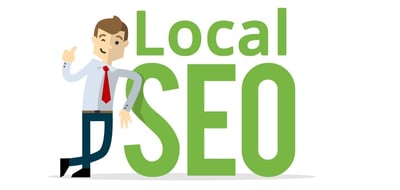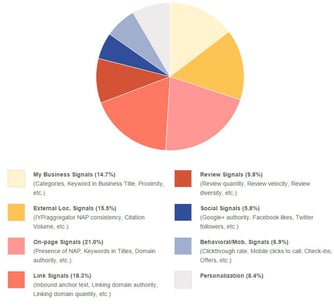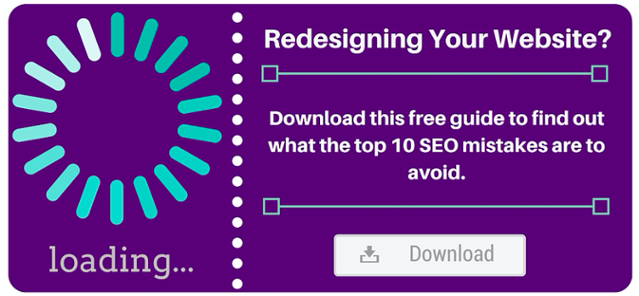 Are you looking for an inbound marketing agency in Boston or are you looking for advice on local SEO? Either way, you came to the right place.
Are you looking for an inbound marketing agency in Boston or are you looking for advice on local SEO? Either way, you came to the right place.
See what we did? We are an inbound marketing agency located in Boston, and we used local SEO techniques to draw you to this post. In fact, we know a lot about local SEO, so here are five tips on how to master local SEO and get found faster!
- Location, Location, Location
That old real estate adage about location applies to Internet real estate too. If you are looking to get found locally—as in local to you—you need to tag your location in as many places as possible. It may sound obvious, but don’t overlook all of the opportunities—H1 tags, landing page title tags, alt text, metadata are all places where we include “Boston, MA” so that all the cool people in this area find us when they Google search.
Why does local matter so much? According to Search Engine Watch, “50% of all mobile searches are conducted in the hope of finding local results, and 61% of those searches result in a purchase.” People in your area are looking, so make it easy for them to find you.
- Backlinks
While backlinks can link to and from anywhere on the Internet, when it comes to local SEO, you want to keep them, well, local. Think about smart local partnerships, such as companies in your area with prominent blogs, that you can backlink to. For example, we love HubSpot. Not only are we a HubSpot certified partner, but they are also a local Boston-area marketing business, so we often backlink to their blog to help raise the prominence of our links.
- Reviews
While reviews may seem better suited to restaurants and stores, the importance of them cannot be underestimated. When you are looking for dinner, you might search “Thai food Boston,” to find local results. So when you are looking for marketing help, there is a good chance you will type “inbound marketing Boston,” which is why location is critical.
Customers also rely heavily on reviews to determine the quality of a local business. In fact, according to Brightlocal, that number is as high as 88 percent! It is optimal to get a least seven or more reviews on your Google My Business page, plus reviews on Yelp! and Facebook to show readers that you are reputable and reliable.
“Reviews are essential for local businesses, and with the local pack carrying more and more influence across queries (local or not), having reviews on your Google My Business page is essential” (Convince and Convert).
- Local Directories
Google My Business is not just for reviews. It, like many other local directories, helps Google and other search engines verify that you are actually in the area you claim to be doing what you claim to do. Avoid sending mixed messages by keeping your NAP—name, address, phone number—consistent across all directories. Besides those mentioned above, other options include: Foursquare, Tripadvisor, Superpages, Infogroup, Best of the Web, Citysearch, Bing, Yahoo, and more. And, don’t forget industry-based directories as well.
- Mobile Friendly
What does mobile friendly have to do with local SEO? A lot, actually. Stop and think about when and where people are searching for a local business: from their phone! Most people are constantly on-the-go, which equates to a lot of mobile Googling. And, if you have great local SEO, but a site that is not mobile-compatible it is all for naught because visitors will leave your site and go to the next result. If you put all the leg work into getting found via local SEO, don’t ruin it with a site that is not mobile-friendly!
Remember, although equally as important as standard SEO, local SEO is very different and has different criteria and protocols that must be met in order to achieve success. This list is not exclusive. There are other ways to increase your local search results, but these five steps are a great starting point. If you are looking to take your SEO to the next level, download this free guide on the top ten SEO mistakes to avoid.
